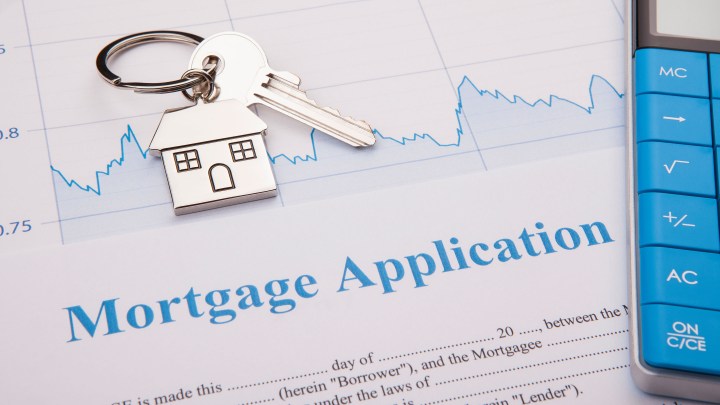
Will borrowing get more expensive for consumers as the economy recovers?
Will borrowing get more expensive for consumers as the economy recovers?

Expectations of higher inflation as the economy rebounds have investors demanding higher yields to compensate. In turn, the recent surge in bond yields is pushing up the interest rates consumers pay on mortgages and other loans.
How might that affect consumer spending?
This week, Freddie Mac said the average interest rate for a 30-year fixed-rate mortgage climbed above 3% for the first time since July.
Economist Scott Hoyt with Moody’s Analytics said rising rates could dampen demand for housing a little and refinancing a little more.
“Although they’re still remarkably low by historic standards, so we need to keep that in perspective,” Hoyt said.
Other kinds of consumer spending are less likely to be affected. Interest on auto loans and credit cards are pegged to shorter-term rates, which haven’t been rising as much. And Gad Levanon, who leads the Labor Market Institute at the Conference Board, said consumers aren’t as sensitive to changes in those rates.
“Outside of housing, I think the impact of the increase in interest rates on consumption will be very limited and almost insignificant compared to the other developments,” Levanon said.
Those other developments include the reopening of the economy as more people get vaccinated and the $1.9 trillion COVID-19 relief bill Congress is hammering out.
That, combined with very strong savings that many consumers accumulated in the past year, “it’s a a perfect recipe for a boom in consumer spending,” Levanon said. “They have stuff to spend on; they have the money and the willingness to spend on it.”
It’s anyone’s guess whether interest rates on mortgages and other loans will continue to rise. The Fed has been helping keep long-term rates low by purchasing Treasurys and mortgage-backed bonds.
Sarah Foster with Bankrate said that’s not likely to change anytime soon.
“Chair [Jerome] Powell, so far, has really not indicated at all that he’s concerned,” Foster said. “In fact, he really sees this pickup in yields more as a statement of confidence in the economy.”
And if rising interest rates do become a concern, she said, the Fed still has tools to step in.
There’s a lot happening in the world. Through it all, Marketplace is here for you.
You rely on Marketplace to break down the world’s events and tell you how it affects you in a fact-based, approachable way. We rely on your financial support to keep making that possible.
Your donation today powers the independent journalism that you rely on. For just $5/month, you can help sustain Marketplace so we can keep reporting on the things that matter to you.


















